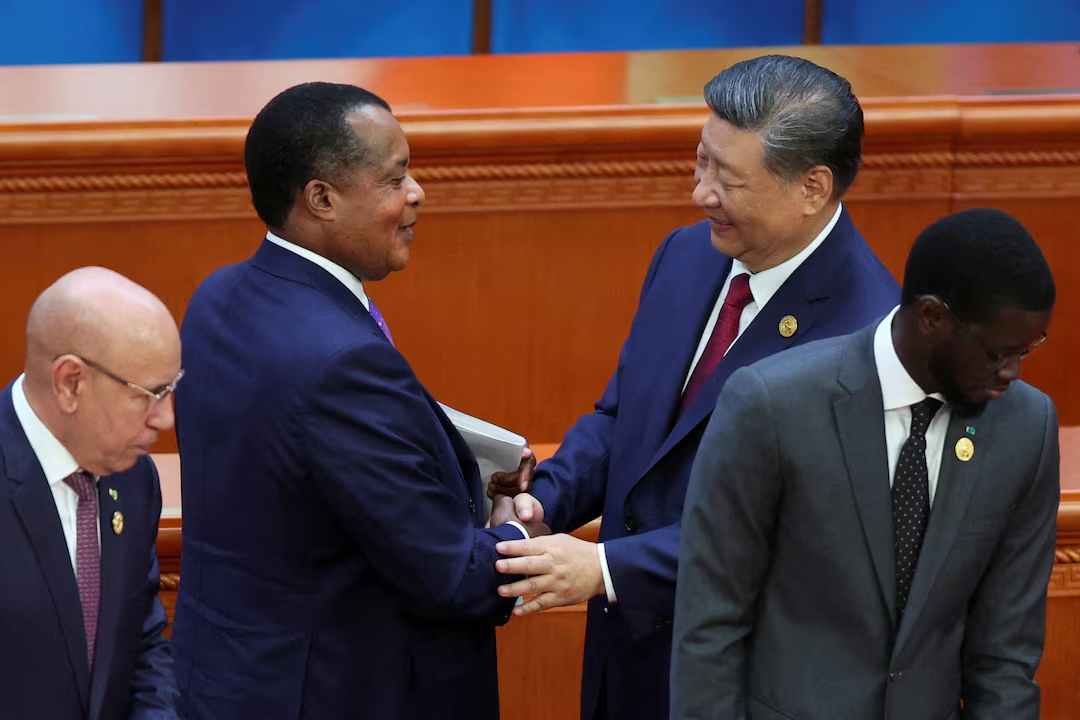
China’s sweeping decision to remove customs duties on products from 53 African countries, including Senegal, marks a historic shift in trade diplomacy — but for Senegalese companies, the real challenge is only just beginning.
The announcement, made in June at the Forum on China-Africa Cooperation in Beijing, extends zero-tariff access to the world’s second-largest economy to all African nations that recognize Beijing diplomatically.
The lone exception remains Eswatini, which maintains relations with Taiwan. Senegal, already a beneficiary of earlier phases of this trade policy, retains its access, but the expanded competition has raised the stakes.
While customs duties may have disappeared, a host of non-tariff barriers continue to complicate Senegal’s path into Chinese markets.
These include rigorous product standards, sanitary regulations, logistical constraints, and an overwhelming lack of familiarity with China’s distribution networks.
Industry experts warn that without immediate and strategic action, Senegal’s small and medium-sized enterprises risk falling behind.
“Senegalese products must arrive in China with the right quality, proper certification, and branding that meets market expectations,” said one trade advisor.
“But our fish processing capacity is outdated, cold chain logistics are weak, and most agri-food packaging doesn’t meet Chinese standards.”
Even with a diplomatic green light, Senegal’s exporters face an uphill battle. Few firms hold internationally recognized certifications.
Access to Chinese administrative channels remains limited, and maritime shipping routes from Dakar are expensive and infrequent.
Compounding the problem, many Senegalese containers return empty, highlighting the lack of outbound cargo structure.
What’s needed, analysts say, is a complete rethink of Senegal’s approach: state-backed support for export-ready businesses, a national certification regime, and targeted participation in China’s major trade expos.
Investments in language training, market intelligence, and digital platforms could help bridge the gap.
For now, China’s offer stands as a golden opportunity. But unless Senegal rises to the logistical and strategic challenge, tariff-free access may remain a symbolic victory, not a transformative one.



